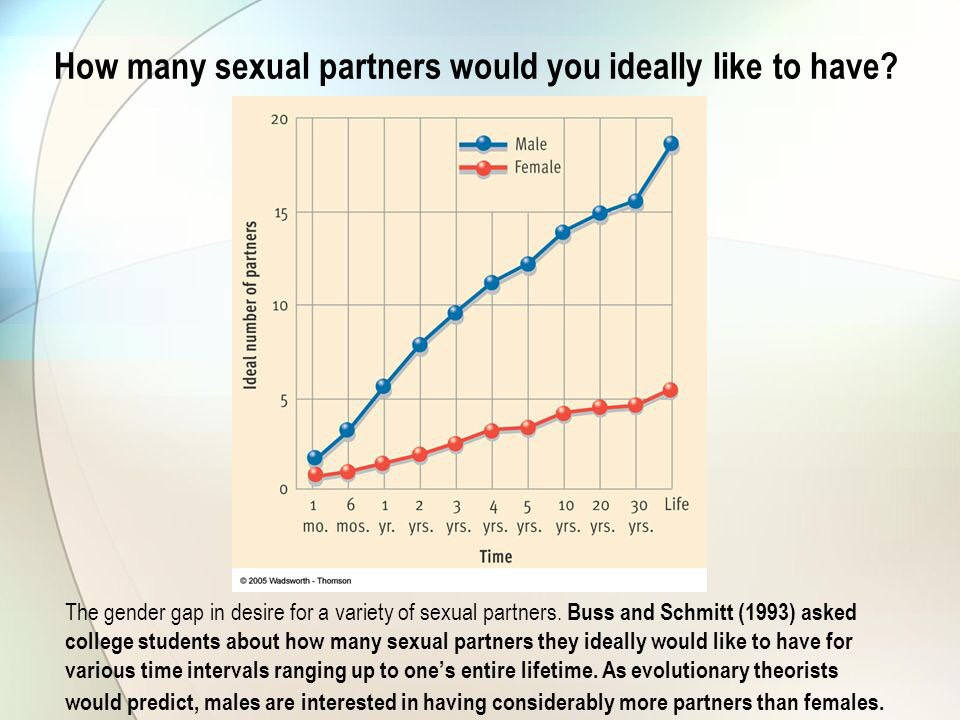10 Highly Replicable Findings from Psychology
Not everything you were taught in intro psych was false

Psychology’s Reputation Problem
Psychology has a reputation problem. The replication crisis of the past decade has cast a long shadow of doubt over many once-celebrated findings, from power posing to stereotype threat to growth mindset. In fact, ironically enough, one of the most replicable findings in psychology is that psychology findings often fail to replicate.
As word of psychology’s replication crisis has spread, many have written the field off as total bunk. This is a mistake. Plenty of psychological findings are as solid as anything in science.
In this post, I’ll share ten highly replicable findings from psychology, covering topics as diverse as sex differences, evolutionary psychology, behavior genetics, IQ, and personality. It’s a personal selection reflecting my own interests, rather than an exhaustive list. But it does show that psychological science can deliver the goods - and that not everything you were taught in intro psych was false!
1. The Asch Conformity Experiments
Let’s start with an all-time classic: Solomon Asch’s conformity experiments. When faced with a unanimous group giving an obviously incorrect answer, participants often go along with the crowd - even when it means denying the evidence of their own eyes.
This finding has fascinated students and laypeople alike for more than half-a-century - and the good news is that it’s highly replicable. It’s a genuine effect.
It’s also an important one. As Asch himself put it:
That intelligent and well-meaning young people are willing to call white black is a matter of concern.
2. Men Are More Interested in Casual Sex and Sexual Variety
This one is about as close to a psychological law as you’ll find. Across cultures, historical periods, and methodologies, men consistently exhibit a stronger desire for casual sex and a higher ideal number of sexual partners than women.
The pattern makes good sense in light of evolutionary principles. Because the minimum biological investment per offspring is higher for women than men, men can greatly increase the number of offspring they have by mating with multiple partners, whereas women cannot. Natural selection tends to favor traits that result in more offspring - thus, men have evolved a stronger desire for multiple partners.


